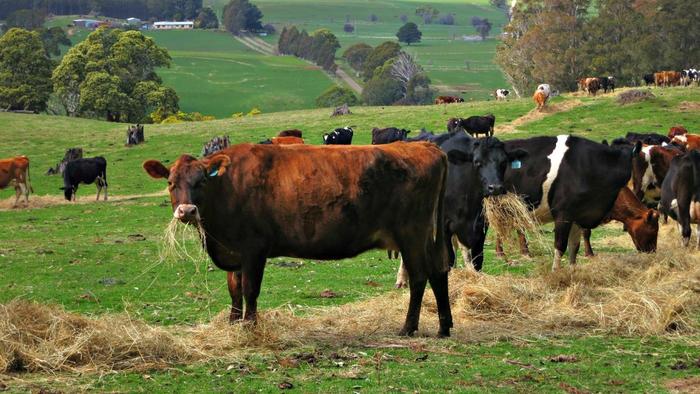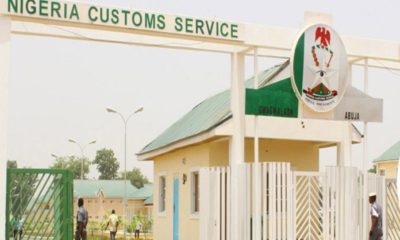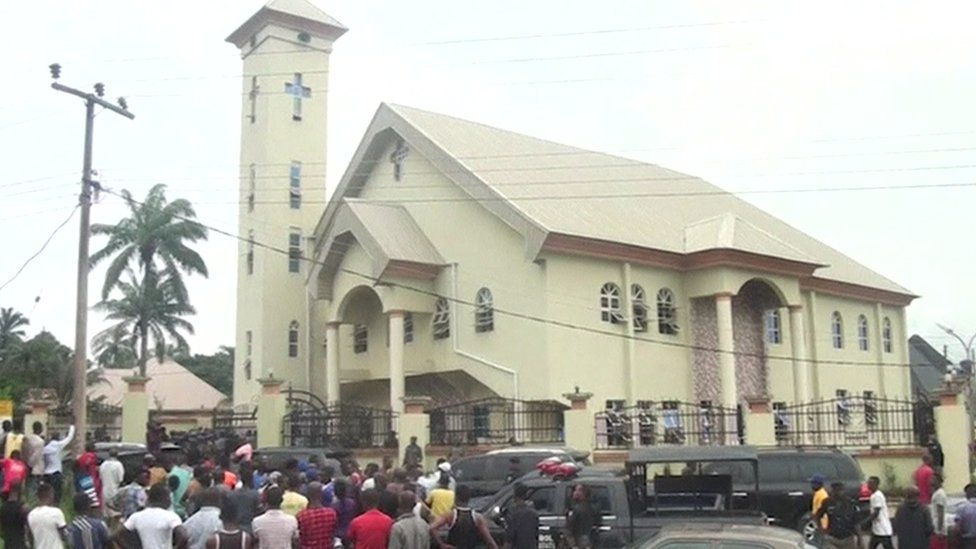Some senior lawyers have faulted the position of the presidency on the open grazing ban in the South.
Some of them described the president’s statement as parochial, sectional and one that is capable of further tearing the country apart.
Mr. John Baiyesea (SAN), who described the statement as part of the bizarre situation the country is dealing with, wondered if such could ever emanate from Buhari.
According to him, such statements are often made under the cover of the presidency.
He said: “It is doubtful if the president knows about such annoying statements, which seem to suggest that he has narrowed his office to the North. I don’t believe that the president will personally support one ethnic group against another or wilfully diminish the scope of his authority. I don’t think he will make himself so irrelevant as president of Nigeria.”
He, however, stated that if the president’s silence to such tribalistic and ethnic posturing of his appointees means acquiescence or approval, then the country is endangered.
“How many times are they to be told (for them to understand), that freedom of movement guaranteed by the constitution is for human beings and not for cows, or animals.
“As long as Fulani herdsmen stay within the law, their freedom of movement is guaranteed. But their cows do not enjoy the same constitutional rights or protections.
“Except for the mischievous intentions of these government officials who are bent on dividing this country, it is too elementary that the constitutional system does not give the rights of people to animals,” he said.
He, however, advised the federal government to be careful not to allow the horrors experienced in Rwanda and Burundi to happen in Nigeria.
Also speaking, Mr. Dayo Akinlaja (SAN), faulted the presidency, saying that the Southern governors acted within the ambit of the law.
He added: “I do not agree with him for the simple reason that it is not in tandem with my previously expressed view that the governors were right in their decision to ban open grazing.
“In a constitutional setting as ours, the issue may have to be referred to the judicial arm of government for resolution. Until that is done, the governors are at liberty to stick to their position.”
Human rights lawyer, Mr. Femi Falana (SAN), also faulted the presidency and advised the government to study the Grazing Reserves Act of 1964, which provides for the establishment and operation of grazing reserves in the North.
He said since there was a popular demand for the proscription of open grazing, efforts should be made to immediately establish ranches.
“It smacks of brazen official impunity on the part of the presidency to have said that the ban on open grazing is of doubtful legality. Last Friday, the Federal High Court ruled that state governments have the power to enact anti-grazing laws,” he stated.
Constitutional lawyer, Chief Mike Ozekhome (SAN), accused Malami of ill-advising the president against the stance of the Southern governors.
He challenged the federal government to sue the governors if it is convinced that their position is legally flawed.
He said: “President Buhari has obviously been ill-advised on the well thought out Southern governors’ stance against open grazing by the attorney-general whose views were made known only two days ago. Buhari, with all humility, is quite wrong to say the Southern governors’ stance is an act of questionable legality.
“If the federal government feels strongly and sure about its puritanical, but legally flawed stance, I challenge the federal government to challenge the governors’ resolutions by suing all the state governors of Nigeria, through the invocation of the original jurisdiction of the Supreme Court under section 232(1) of the 1999 Constitution.”

 Education4 weeks ago
Education4 weeks ago
 News3 weeks ago
News3 weeks ago
 Business3 weeks ago
Business3 weeks ago
 Technology3 weeks ago
Technology3 weeks ago
 Investment4 weeks ago
Investment4 weeks ago
 Investment3 weeks ago
Investment3 weeks ago
 Telecommunications4 weeks ago
Telecommunications4 weeks ago
 Banking Sector3 weeks ago
Banking Sector3 weeks ago






























